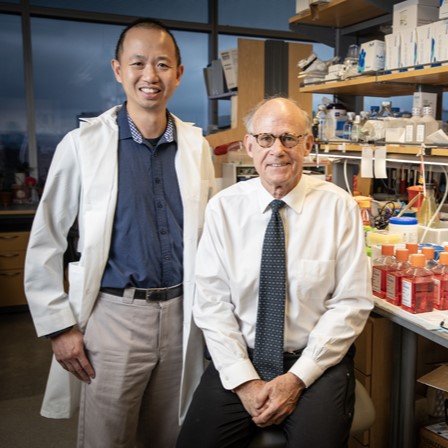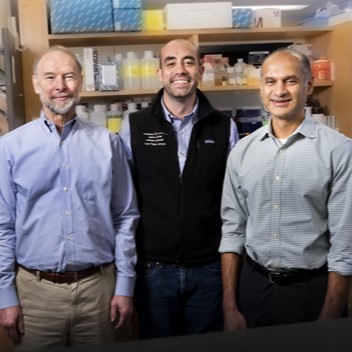Clamping Down the Metabolic Pipeline to B Cells
New research shows the nutritive needs of B cells are more flexible than previously thought, which could enable researchers to steer antibody production in the lymph nodes and spleen to better combat autoimmunity. Patients with high-risk diseases of the immune system, particularly systemic lupus erythematosus, could stand to benefit from the research findings. The study led by Mark Boothby, MD, and published in the Journal of Immunology, provides details regarding how murine B cells use different sugars as they mature into antibody-producing cells







